How India’s women leaders are navigating turbulent waters with élan
The COVID-19 crisis and the nationwide lockdown have made us cocooned in the safety of our homes, maintaining physical distance, avoiding human contact as much as possible and transitioning to digital for all our daily and work requirements.
Till a vaccine is discovered, this norm will continue. But amid such a scenario life has continued in this ‘New Normal’ – we have continued to work, shop and socialise, albeit in the digital sphere. Businesses have learnt to coordinate with their teams working from home. Budgets are crunched; many companies have had to shut shop, there have been job losses and salary cuts. Industry experts say that it will take 3-5 years for the economy to recover from the COVID-19 impact.
Also read: Women leaders take centrestage to decode the ‘Never Normal’ and the way forward
In such a scenario, some leading ladies of the corporate world have been doing some remarkable work to stabilise their business operations and minimise the impact of the pandemic. A special webinar presented by COLLECTCENT and powered by Adgully turned the spotlight on these women in a panel discussion on ‘Physically Distant, Socially Close’. Joining the session were:
Chhanda Das, AVP – International Strategy and Head of Training, CollectCent Digital Media (Moderator)
Divya Dixit, SVP and Head of Marketing, ALTBalaji
Rubeena Singh, CEO, iProspect India
Swati Maliwan, Chairperson, Delhi Commission for Women
Somasree Bose Awasthi, Head of Marketing (personal care, homecare and air care), Godrej Consumer Products
Chhanda Das commenced the discussions with the analogy of a ship and said, “We say we judge our ship’s crew’s performance not in calm waters, but in rough waters”. She then went on to ask Rubeena Singh what those rough waters were for her and the industry in which she operated.
Rubeena Singh responded by acknowledging that it has been a rough time for iProspect and the overall advertising and marketing industry. “The total consumer spending in India has dropped to 40 per cent of the margin as compared to the same period last year. There has been a drop in sentiment and economic activity as well. Things are not expected to recover, at least in this financial year and next year as well. Digital marketing, too, was impacted in the few months of the pandemic,” she noted.
At the same time Singh said that while the overall spends might be lower this year, the pandemic has actually accelerated the movements of spends in favour of digital faster than ever before. “So, digital is actually expected to gain at least 7-10 per cent even this year. During the last two to three months of the lockdown, many first-time consumers adopted digital e-commerce channels for their daily needs, such as groceries. I believe, going forward these digital interactions will remain sticky and will gain at the expense of offline commerce and physical stores, because consumers are still staying at home to avoid getting infected with the Coronavirus and are turning to online shopping for products that they traditionally bought in stores. This will provide online retailers better returns for their digital ads and posting digital marketing expenditures,” she added.
Apart from this, most events scheduled for the second half of 2020 have been cancelled and are being held virtually. Singh felt that the same trend will continue at least in the first half of next year as well. With marketers seeking avenues to continue to build their brands and generate the right reason sales, digital actually provides a unique opportunity to them. “Despite reduced marketing budgets due to the spread of COVID-19, digital marketing will grow and will grow faster than we had ever expected,” Singh affirmed.
Das then turned to Somasree Bose Awasthi to find out whether the FMCG sector as going through a rollercoaster as well. To this, Awasthi replied in the affirmative, but also said that because of the pandemic health and hygiene had become extremely critical to consumers. “The kind of product categories that have evolved in the last few months, like fruits and veggies wash, nobody would have even thought that the Indian consumers would even use them in such a high quantities. We thought it was only a western phenomenon, those habits are going up. Moreover, consumers are going for more and more branded products, so a lot of changes are happening,” she added.
Awasthi further said that with a huge part of Godrej Consumer Products’ portfolio revolving around health and hygiene, there has been a huge shift that is being observed. Suddenly the neighbourhood Kirana has become all the more important to the consumers, along with e-commerce. “Overall, there has been a huge shift in terms of branded consumption – be it in terms of product or sources of entertainment, where the shift has been from TV to digital. It’s a very interesting phase and a real rollercoaster ride for a lot of us to understand consumer shifts and to even predict which of the shifts will continue once things return to normal,” she added.
Awasthi also conjectured as to what the new normal will be like and said, “In the best possible way we are trying to navigate by launching innovations. Earlier, the innovation cycle used to be so huge that a new product would take one year or more to be launched, but now we have launched so many new products within a period of three months, and we have achieved all this while having no physical contact with our team, but we are doing things much faster. Agility is defining the business.”
Das here pointed out how consumer preferences have taken a complete 360 degree transformation in the last few months. She asked Divya Dixit how the industry in which she operates is coping up with this flux.
Dixit started by saying that she has been in this industry for about five years, and everybody is suddenly talking about OTT and wants to be a part of it. She remarked, “I don’t think OTT has done anything that is very disruptive. All we have done is we have freed the people from the tyranny of television. You no longer have to wait for 24 hours for that one episode to play out for 24 minutes in a half hour slot. The only thing digital has done is we have opened up two avenues. We have told people that you can watch what you want to watch, when you want to watch and how many episodes you want to watch, it’s a consumer adaption driven by their choice. Also, the fact that there are no written rules for digital, there is an intense segmentation that can be done in the OTT space. So, the two powers that OTT has utilised and leveraged are to meet narratives and consumer sentiments.”
At the same time Dixit said that the main challenge that OTT in India is still suffering from is getting people to pay for what they watch, which is the norm abroad. “We are still trying to change the Indian mindset. When I started five years back, the SVOD business used to be just 5 per cent; today, we stand at almost 28 per cent of the business and it is growing, because I think more and more top OTT players are realising that AVOD is not really a sustainable business model. If they want to drive their business, then they will have to get the consumer to see the value in the product and pay for it. Till you do that, your business model won’t be sustainable. So, that is where we are in the OTT business, with 40+ OTT players,” she added.
Here, Das turned her attention to Swati Maliwan, who is not a corporate person, but is from the field of social work. Maliwan is Chairperson of the Delhi Commission for Women. Das’ question to Maliwan was regarding her work and how she has remained steadfast in her pursuit of female empowerment – COVID or no COVID.
Maliwan lamented the fact that while the entire world is at standstill due to COVID-19 and the economies are tumbling right now, the economy and crime of trafficking “has been really crazy”. With trafficking on the rise, the role of Delhi Commission for Women actually goes even further and the Commission has to work all that harder to tackle the situation.
She mentioned about the case of a two and a half month old girl, whom the Delhi Commission for Women had rescued. The infant had been trafficked five times since her birth.
She shared the sad fact that girls continue to be trafficked across the country on a daily basis. “In Delhi, India’s capital, the Delhi Commission for Women gets several complains and we have to somehow make these things work. While the entire country is on a standstill, we, fortunately or unfortunately, kept working. It feels really bad that at on the one end we have COVID and on the other end the world is tumbling and so many problems have happened. The problem of trafficking is actually increasing, that is why we have to keep the work going.”
Watch the complete discussion here:
https://www.youtube.com/watch?v=W65zEcLLI_w


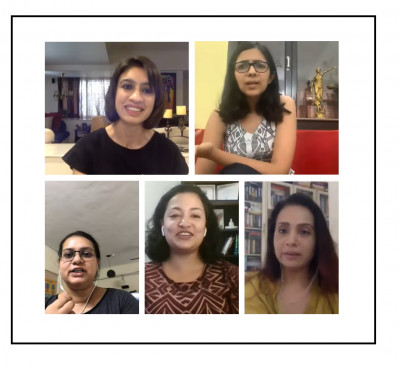
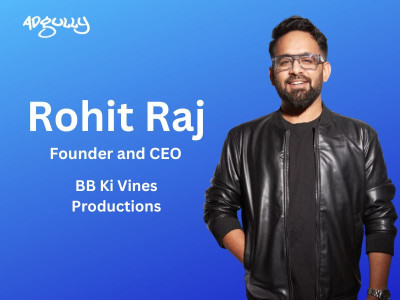

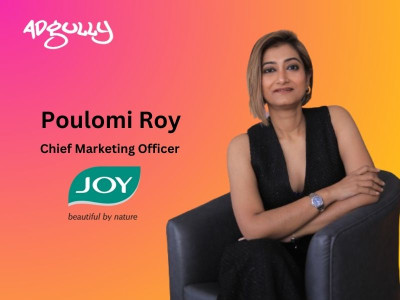
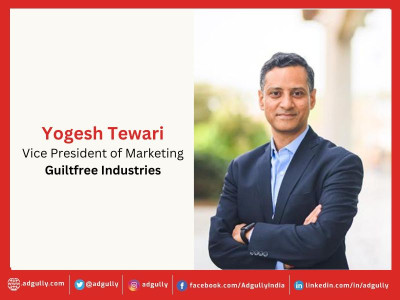
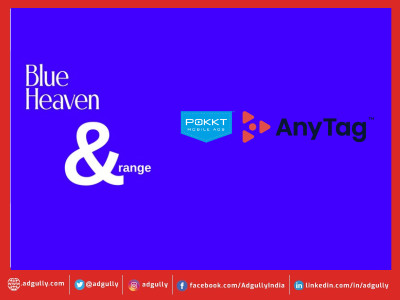
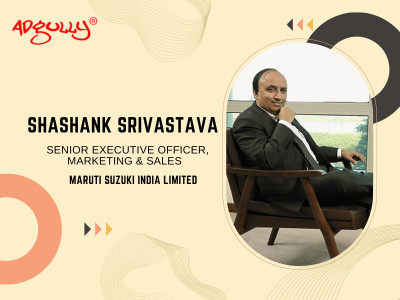
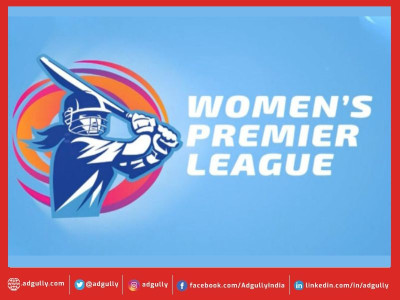

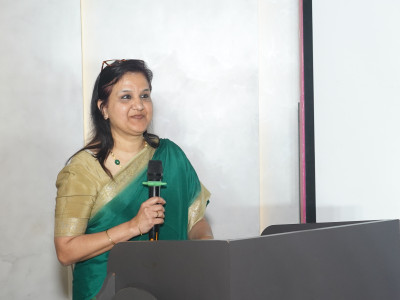
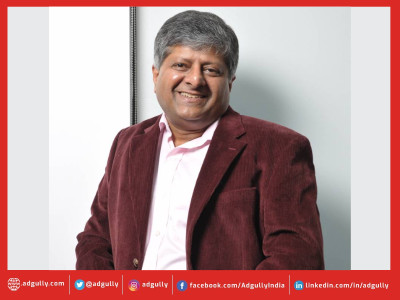

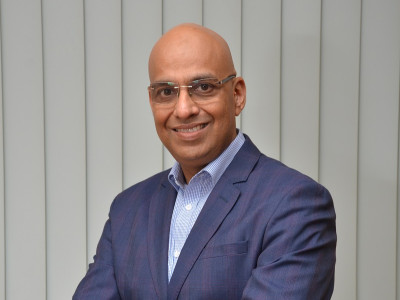

Share
Facebook
YouTube
Tweet
Twitter
LinkedIn